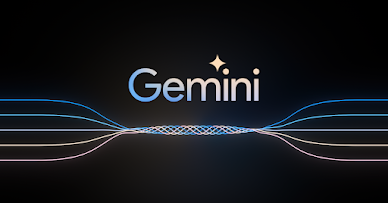An introduction
The Gemini protocol is a straightforward text-based protocol designed for obtaining and disseminating documents via the internet. It aims to provide a privacy-focused alternative to the traditional web, focusing on simplicity, efficiency, and security. In this article, we will explore the characteristics of the Gemini protocol, including its history, features, and how it differs from the World Wide Web.
May I ask what the meaning of Gemini is?
Gemini is an internet protocol designed to offer a more streamlined and privacy-friendly browsing experience than the web. It was created by Solderpunk and introduced to the public in 2019 and was created by Solderpunk. Gemini emphasizes simplicity, focusing on text-based content with a simple markup language for formatting.
Gemini has several key characteristics.
Gemini documents are primarily text-based, similar to the early days of the internet, when the majority of content was text. This simplicity makes them lightweight and fast to load, even on connections with a low bandwidth.
Gemini prioritizes user privacy by eliminating complex tracking mechanisms and advertising prevalent on the web. As Gemini does not provide support for cookies or client-side scripting, there are fewer opportunities for user tracking.
Gemini uses a markup language similar to Markdown for formatting text. This approach facilitates the creation and maintenance of documents without the necessity for intricate HTML or CSS.
Unlike the web, which provides multimedia content such as images, videos, and interactive elements, Gemini solely focuses on text documents. This limitation contributes to its lightweight nature, which speeds up browsing.
How Gemini works: How it works.
Gemini operates on a client-server model similar to that found on the web. Gemini content is accessible using Gemini clients, which connect to Gemini servers hosting Gemini documents. Gemini client software renders text-based content and presents it to users in a readable format.
The following are the differences compared to the World Wide Web:
Gemini embraces simplicity, with a focus on text-based content and minimal markup.
Gemini prioritizes user privacy by avoiding invasive tracking mechanisms common to the web. Users can browse Gemini content without worrying about their online activities being tracked for targeted advertising.
Speed vs. Bloat: Due to its lightweight nature and lack of multimedia support, browsing Gemini content is generally faster and more efficient compared to the web, especially on slower internet connections.
The conclusion is that
The Gemini protocol offers a refreshing alternative to the web, emphasizing simplicity, privacy, and efficiency. Its text-based approach, minimal markup, and privacy-focused design make it an attractive option for users seeking a more streamlined browsing experience. While Gemini may not replace the web entirely, it serves as a valuable complement, providing an internet experience that harkens back to the early days of the World Wide Web.

Commentaires
Enregistrer un commentaire